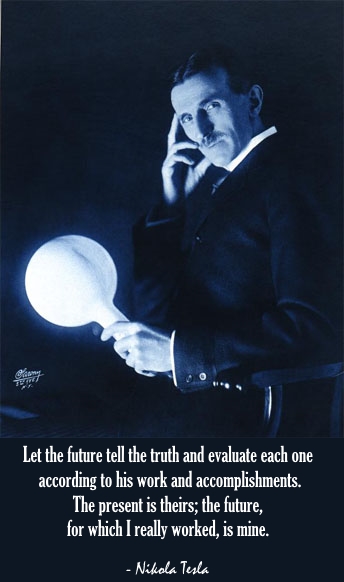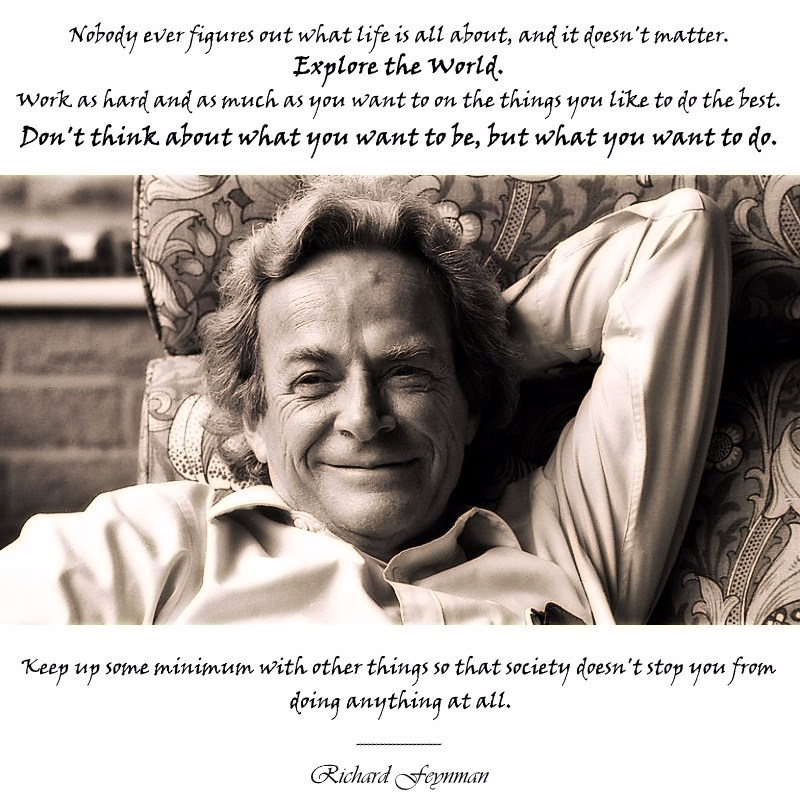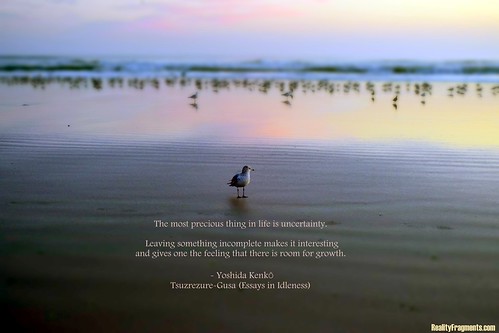 I was standing with Tony, who I’d just bought a copy of his book from at the Presentation College Reunion. I mentioned I was battling existence in my mind.
I was standing with Tony, who I’d just bought a copy of his book from at the Presentation College Reunion. I mentioned I was battling existence in my mind.
He said we writers look at the world differently and see things differently.
That’s a true statement, I think. I also think that it’s not true enough.
Our world is framed, and when I say that, I mean that your world is framed, my world is framed, and everyone else’s world is framed. There is absolutely nothing in our world that we deal with that isn’t a derived construct of our brains. All of our senses are interpreted, processed and spat out to us as reality. We know what we like and we know what we don’t like.
That physiological limitation is the first frame. We cannot experience things like magnetic waves and radio waves directly; these are things that we have interpreted into motion and sound so that we know that they exist. And all of our frames are slightly different – someone may have better vision, someone else better hearing, and someone else may be more sensitive to touch, smell… the list goes on. And how we interpret these signals, the ratio of these signals, varies our framing.
Then, when we introduce more human beings, it gets more complicated. We have sounds we agree on for language, and around the world we agree on different languages. We agree on things like what the color blue is, even though each one of us might perceive it differently, some of us more sensitive to the visual spectrum than others, but we have this agreement on what we call blue – and if you get into the finer details, you find the disagreements.
We frame our own physiological experiences to each other in the context of what we agree on. We will say that the sky is blue, even though it actually only appears to be what we all agree on as ‘blue’. And that, too, we frame – within our physiological frame. The communication frame, the ability to share things with others and have them shared with us.
Then it gets even more framed with society, with cultures and subcultures, and suddenly we’re looking at the world through shared experiences rather than as we actually see it, the phrase, ‘typing at a keyboard’ only making sense to someone who knows what a keyboard actually is.
So I don’t know that just writers see the world differently. I think we writers simply communicate more differently than others in the written sense, some of us to expand it because we see the world differently at some level of framing and feel the need to expand the canvas within the frame. Some could argue that artists only see things that way, but that argument is typically made by artists. Scientists also have that issue.
In fact, everyone has that issue. It’s how we expand our canvases… or try to… that allows others to define us so.
 Until the last decade or so,
Until the last decade or so, 


